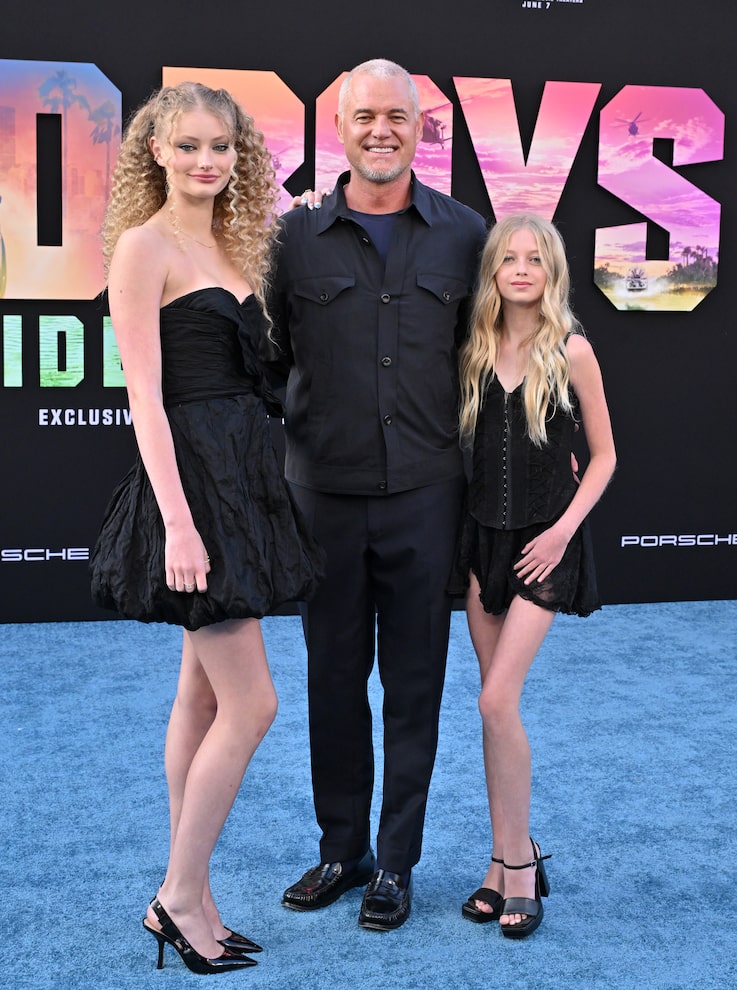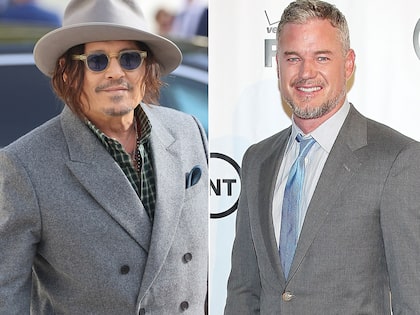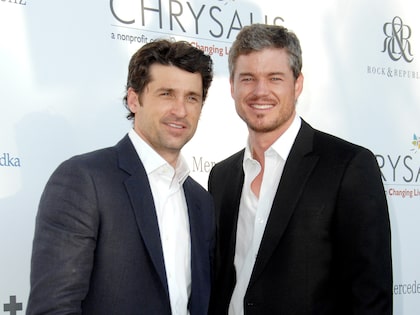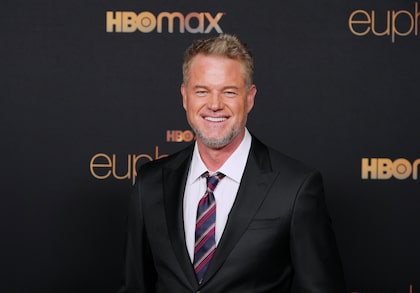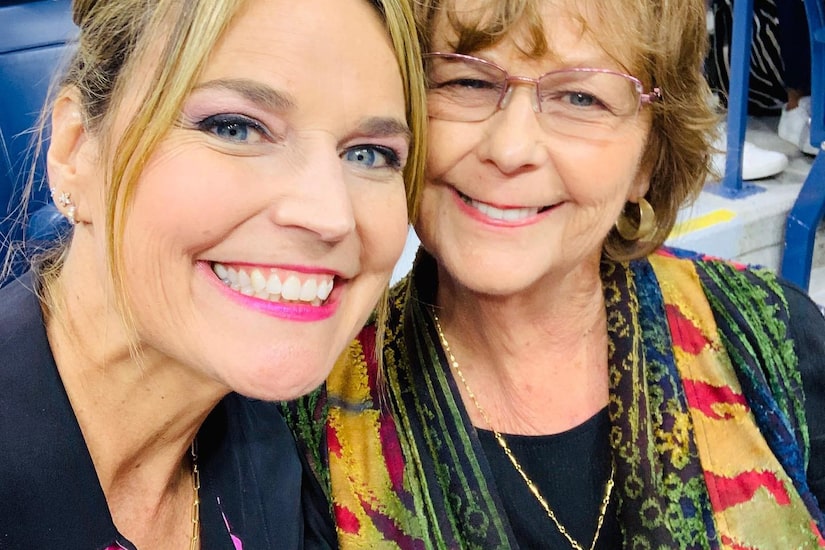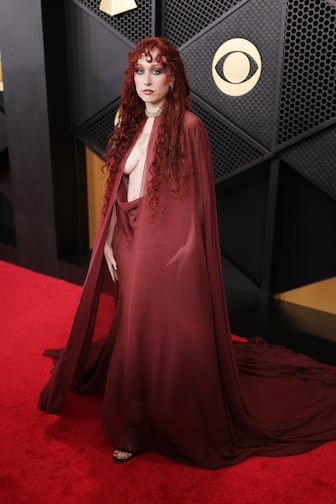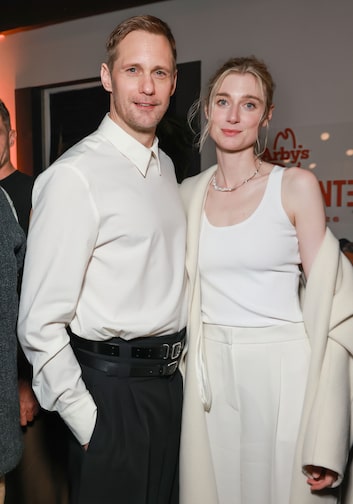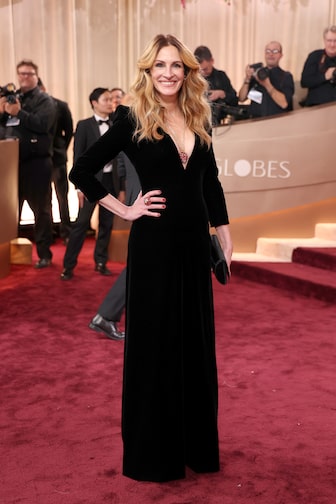Celebrity News December 08, 2023
Ryan O'Neal of 'Peyton Place,' 'Love Story,' 'Paper Moon' Dies at 82
 Getty Images
Getty Images
Ryan O'Neal, the infamously temperamental actor who had been one of the biggest male stars of the '60s and '70s, died Friday after long battles with leukemia and prostate cancer.
He was 82.
Waiting for your permission to load the Instagram Media.
His son, sportscaster Patrick O'Neal, confirmed the news on Instagram, writing, "So this is the toughest thing I’ve ever had to say but here we go. My dad passed away peacefully today, with his loving team by his side supporting him and loving him as he would us."
The golden-haired leading man's personal life overshadowed his diverse career, including a longtime romance with the late Farrah Fawcett and volatile marriages to actresses Joanna Moore and Leigh Taylor-Young.
O'Neal was born April 20, 1941, in L.A., finding some success as a boxer in the '50s ahead of making his TV debut on a 1960 episode of "The Many Loves of Dobie Gillis."
Impossible to believe that Ryan O’Neal is gone. I felt so welcomed by his Peyton Place, the first big production brave enough to welcome me back from the blacklist.
— Lee Grant (@TheLeeGrant) December 8, 2023 @TheLeeGrant
An incredible talent, an incredible beauty. A gift of an artist we’re lucky to have so much of captured forever.
The blond, blue-eyed newcomer quickly made numerous guest appearances on shows including "The Untouchables" (1960), "Bachelor Father" (1961), "Leave It to Beaver" (1961), and "Perry Mason" (1964), but his big break was being cast as Rodney Harrington on the sensationally popular nighttime soap "Peyton Place," on which he starred from 1964-1969.
"Rest in peace dear Ryan," Mia Farrow, his co-star on the series, Tweeted upon hearing of his passing.
 Getty Images
Getty Images
The 500+ episodes of that series kept him busy, but he soon branched out into feature films, starring in "The Big Bounce" (1969) and "The Games" (1970).
In 1970, his performance as Oliver in Arthur Hiller's weepy "Love Story," opposite Ali MacGraw, helped make the film a pop cultural phenomenon. It was his character's apology that prompted MacGraw's dying character's iconic response: "Love means never having to say you're sorry."

The $2M film grossed 50 times that worldwide, and became a conversation he found himself having for the rest of his life. Forty years after it was released, O'Neal confessed to an interviewer that watching the film "upsets me, actually," because it was his greatest success and yet it reminded him of his greatest loss — when Fawcett succumbed to cancer in 2009.
Waiting for your permission to load the Instagram Media.
After acting in "Wild Rovers" (1971) with William Holden, he was teamed with Barbra Streisand in the Peter Bogdanovich screwball comedy "What's Up, Doc?" (1972), another smash, and with Jacqueline Bisset in "The Thief Who Came to Dinner" (1973).
 Getty Images
Getty Images
O'Neal acted alongside his 9-year-old daughter Tatum O'Neal in the Bogdanovich film "Paper Moon" (1972), for which she became the youngest Oscar winner of all time, just 10 years old when she accepted the statuette. She would confess in her memoir "A Paper Life" (2004) that her father, with whom she had a rocky relationship most of her life, resented her early success.
 Instagram
Instagram
Tatum O'Neal Grieves Father Ryan O'Neal: 'I'll Miss Him Forever'
View StoryO'Neal survived a yearlong shoot with auteur Stanley Kubrick as the star of "Barry Lyndon" (1975), a film that received mixed reviews but has been reassessed as a masterpiece, almost didn't survive the bomb "Nickelodeon" (1976) for Bogdanovich, and closed out the '70s with "A Bridge Too Far" (1977), "The Driver" (1978), the "Love Story" sequel "Oliver's Story" (1978), and the kitschy Streisand rom-com "The Main Event" (1979), which was box-office gold.
His A-list status cooled in the '80s, but his work included "Green Ice" (1981), "So Fine" (1981), "Partners" (1982), "Irreconcilable Differences" (1984), "Fever Pitch" (1985), "Tough Guys Don't Dance" (1987), "Chances Are" (1989), and several made-for TV movies.
After a short-lived series with Fawcett entitled "Good Sports" (1991), his highest-profile films of the '90s were "Faithful" (1996) with Cher and "Zero Effect" (1998). O'Neal's final film roles were "Slumber Party Slaughter" (2012) and Terrence Malick's star-studded experimental drama "Knight of Cups" (2015). His later TV projects included work on "Miss Match" (2003), "Desperate Housewives" (2005), "90210" (2010), and "Bones" (2006-2017).
An arguably ill-advised OWN reality series in 2011, "Ryan & Tatum: The O'Neals," that ran for eight episodes was intended to document the father-daughter duo's attempt at reconciliation. The series seemed to solidify O'Neal's legacy as being more about his messy personal life than his charming film performances in several classics.

O'Neal published the memoir "Both of Us: My Life with Farrah" in 2012, and in 2015 toured with MacGraw in the play "Love Letters."
The actor is survived by his daughter Tatum O'Neal and his son Griffin O'Neal with Moore, who died in 1997; by his son Patrick O'Neal with Taylor-Young; and by his son Redmond Fawcett O'Neal with Fawcett. He is also survived by five grandchildren.









